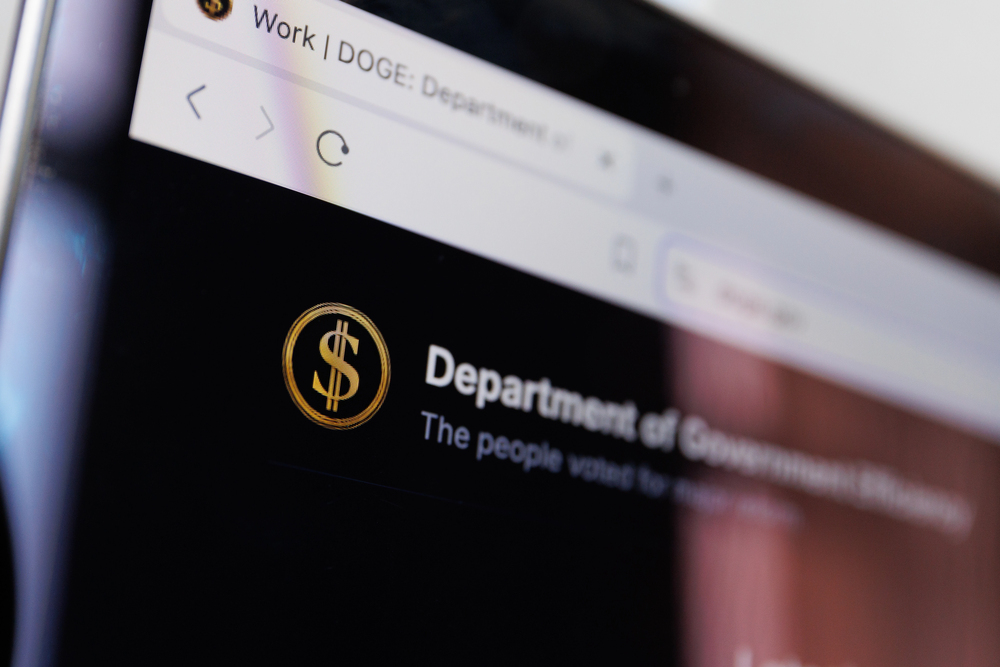DOGE’s Data Ambitions: How Access to Federal Payroll Systems Could Redefine Government Power
In a dramatic move that has raised eyebrows across the cybersecurity, legal, and policy communities, the Elon Musk–led Department of Government Efficiency (DOGE) has gained access to the Federal Personnel Payroll System—a database containing the sensitive employment records of 276,000 federal workers. This unprecedented access not only exposes the personal information of federal employees, including Social Security numbers, but also paves the way for sweeping changes in how the government can manage and potentially manipulate citizen data.
A Bold Step Toward “Efficiency”
Over the weekend, DOGE secured entry into a system housed within the Department of the Interior, which processes payroll for diverse agencies ranging from the Air Force to the Department of Justice. Proponents within the initiative argue that this move is in line with the administration’s longstanding effort to cut government waste and fraud. “We are working to execute the President’s directive to cut costs and make the government more efficient for the American people,” an Interior Department spokesperson stated, referring to previous executive orders aimed at streamlining bureaucratic processes.
Elon Musk, a staunch advocate of data integration, reiterated the rationale in a recent interview. “These databases don’t talk to each other, and that’s really the biggest vulnerability for fraud,” Musk said. By reconciling these disparate systems, he believes the government can better identify inefficiencies and waste—a claim that has ignited a fierce debate among experts.

Privacy, Cybersecurity, and a Shifting Data Landscape
Critics, however, warn that such broad access to sensitive information could have dangerous ramifications. Elizabeth Laird, director of equity in civic technology at the Center for Democracy and Technology, cautions that “being able to amass all of that information will give the federal government unprecedented power and control to do with that information a number of things that we just haven’t experienced as a country before.” Her concerns are echoed by cybersecurity professionals who fear that DOGE’s continuous access to federal systems could create significant vulnerabilities, exposing not just payroll data but potentially paving the way for more invasive surveillance practices.
Anonymous sources within the federal IT community have alleged that when senior personnel pushed back against the move, they were met with administrative leave and are now under investigation. Such reports add to the growing unease about the balance between government efficiency and individual privacy.
The Long Game: More Than Just Payroll
DOGE’s ambitions appear to extend far beyond immediate cost-cutting measures. In recent months, the advisory team has also gained access to the Internal Revenue Service and the Social Security Administration—institutions that hold bank account information, detailed wage records, and even data on citizenship and disability status. These moves hint at a long-term strategy that might one day facilitate the privatization of Social Security, among other radical changes to federal administration.
Yet, as Cary Coglianese, an administrative law professor at the University of Pennsylvania Carey Law School, observes, “It’s never really been clear what the long game is.” While officials claim that the ultimate goal is to improve efficiency and root out fraud, critics argue that such vast data collection may open the door to uncharted forms of government control.
Legal and Ethical Implications
DOGE’s access to sensitive government data has already sparked a series of legal challenges. More than a dozen lawsuits claim that the move violates the Privacy Act of 1974—a post-Watergate law designed to protect personal information from unauthorized government access. Legal experts warn that even if cybersecurity concerns are mitigated, the ethical and legal precedents set by DOGE’s actions could alter the landscape of American privacy rights for years to come.
The echoes of the Trump administration’s earlier push to “eliminate information silos” are hard to ignore. Then, as now, there was a drive to break down barriers between federal agencies to enhance information sharing. However, the scale of DOGE’s data access and its potential for far-reaching impact represent a dramatic escalation in governmental data integration.
Looking Ahead: A Future of Unprecedented Oversight?
As DOGE continues to expand its reach into federal databases, the question remains: at what cost does efficiency come? While streamlined operations and reduced fraud are enticing prospects, the trade-off could be a dramatic shift in how government wields its power over personal data. With every new system integrated, the potential for abuse—intentional or otherwise—grows, prompting urgent calls for transparency and robust oversight.
In the coming months, as DOGE’s initiatives unfold, policymakers, legal experts, and citizens alike will be watching closely. The future of federal data management—and indeed the balance between security, efficiency, and individual privacy—may well depend on the lessons learned from this unprecedented experiment in government efficiency.
Photo Credit: DepositPhotos.com

